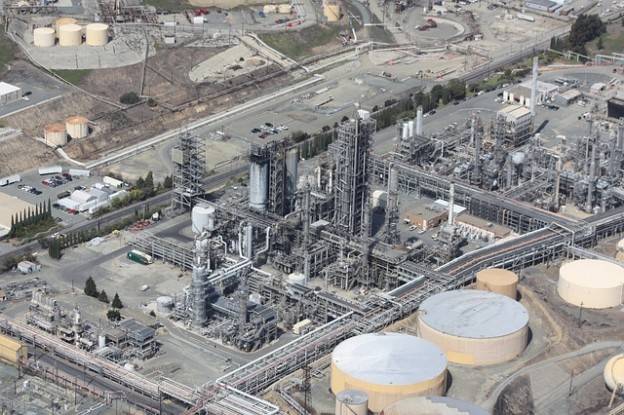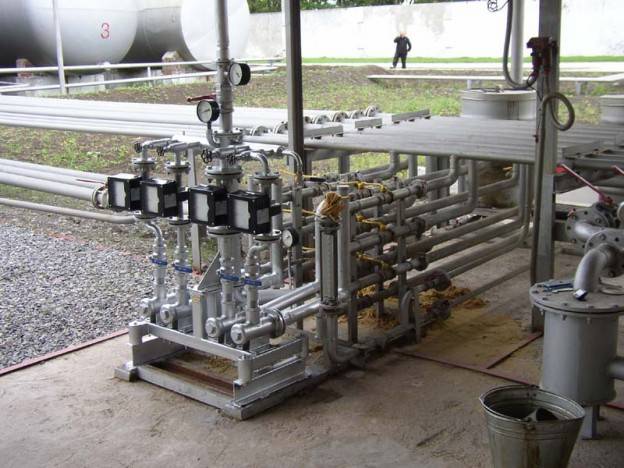
Diesel fuel is a petrochemical product resulting from distilling of oil. The grade of diesel fuel depends on the composition and proportions of the blend. Summer, winter and arctic diesel fuels are produced from oil; these differ in temperature range, content of paraffin and price.
Each type of diesel fuel must contain a certain quantity of sulfur and sulfuric compounds. If the quantities are above the regulated norms, fuel is purified. Fuel purification is done in one of the three main methods.
Filtration
Filtration of diesel fuel allows to prevent dust and debris from entering the vehicle’s fuel tank. Filtration coefficient determines the quantity of various contaminants, additives and paraffin. It is determined by passing 20 ml of fuel through a filter and then estimating filter contamination. This coefficient must not exceed 3.0, with 2.0 at most for high grade fuel. It is essential to select a universal filter, which will stop not only contaminants and paraffin, but also water. Such filter must be observed during operation, since when the filter is filled with water, it will cease to let fuel through, which will cause unpurified fuel to enter the engine and possibly damage it.
Separation
Similar to filtration, this method is considered more reliable. If diesel fuel, the cost of which has been increasing, is highly contaminated, regular filters are of no use. Separators purify fuel regardless of the quantity of contaminants. The principle of separator operation is separation of water and contaminants from the fuel and their sedimentation at the bottom of the separator. A separator, unlike a filter, has a longer service life. If maintained correctly and cleaned out from time to time, the separator is a reliable means of purification. Separators are economically viable, especially for wholesale diesel fuel purification, e.g. at large facilities.
Additives
This last method, with a totally different application, are the additives. While separation and filtration purify diesel and HFO wholesale, additives change the properties of the fuel chemically. However, caution is in order: incorrect selection of additives may lead to unfavorable results.
To increase low temperature properties of HFO, depressor additives, synthesized from ethylene and vinylacetate copolymer base.
Despite the use of filters, separators and various additives, engines, especially older models, often become clogged. Detergent additives are aimed at this problem specifically. They remove sediment, which is composed of carbon deposits and varnish. Detergent additives solve this problem, increasing engine power and reducing fuel consumption.
Purchasing and purification of diesel fuel wholesale allows to stockpile several months worth of fuel supply, which is especially profitable considering that diesel fuel prices are on the rise, as well as those for HFO.

